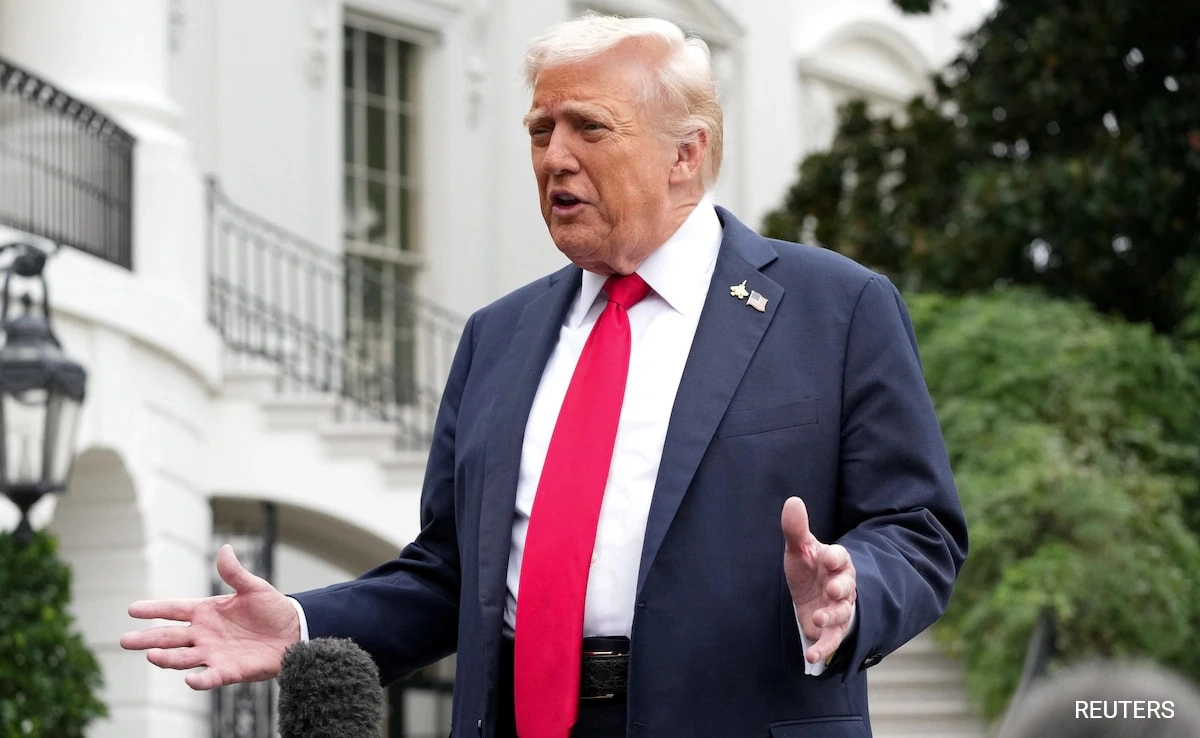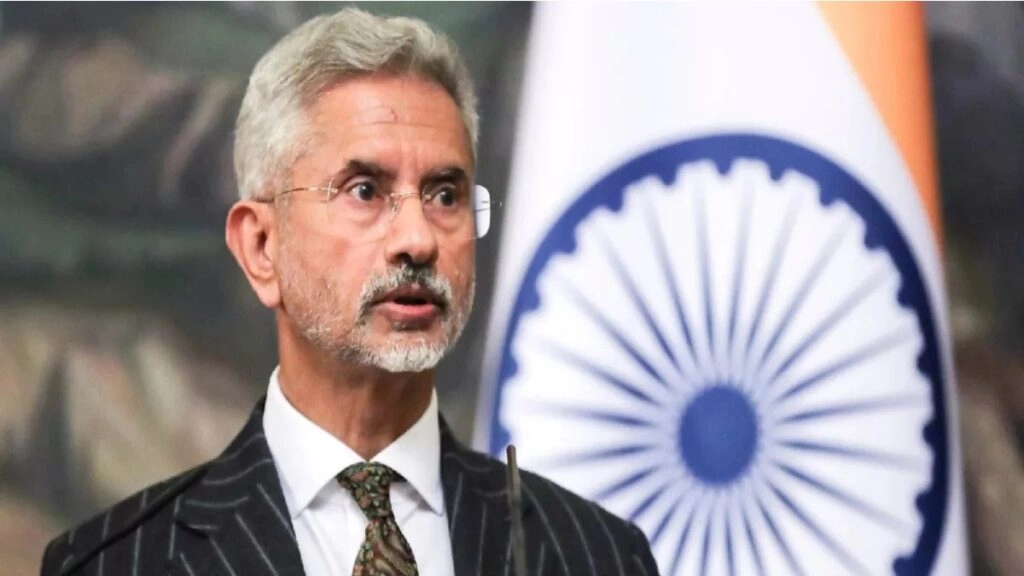In a significant development, the Nobel Committee has expressed concern over the increasing threats to academic freedom, a sentiment that resonates strongly in the current political climate. This warning comes at a time when former President Donald Trump continues to wield considerable influence over American politics, raising questions about the implications for intellectual discourse and the independence of academic institutions. The Nobel Committee’s remarks highlight a troubling trend where political pressures may undermine the integrity of research and scholarship, potentially impacting the quality of education and innovation.
The awarding body has emphasized that the safeguarding of academic freedom is essential for the pursuit of knowledge and the advancement of society. In an era where misinformation and political agendas can easily infiltrate educational settings, the ability of scholars to explore ideas without fear of reprisal is more critical than ever. The committee’s stance suggests that the erosion of this freedom could lead to a chilling effect on research, where academics might self-censor or avoid controversial subjects altogether to evade political backlash.
As Trump continues to dominate headlines and influence public opinion, the implications for academia are profound. His approach to various issues, including science and education, often dismisses established research or seeks to politicize findings. This environment creates a challenging landscape for educators and researchers who must navigate not only their academic responsibilities but also the potential repercussions of their work in a politically charged atmosphere. The Nobel Committee’s warning, therefore, serves as a call to action for stakeholders in the academic community to advocate for the protection of intellectual freedom and to resist any attempts at censorship or political interference.
In light of these developments, it is imperative for universities and research institutions to foster environments that encourage open inquiry and debate. This means not only defending the rights of scholars to pursue their research freely but also actively promoting a culture of critical thinking and resilience against external pressures. The Nobel Committee’s emphasis on academic freedom should resonate with educators, policymakers, and the public alike, urging them to recognize the importance of protecting the sanctity of academic work in the face of political challenges. Ultimately, the future of knowledge and innovation hinges on our collective commitment to uphold these fundamental principles.




